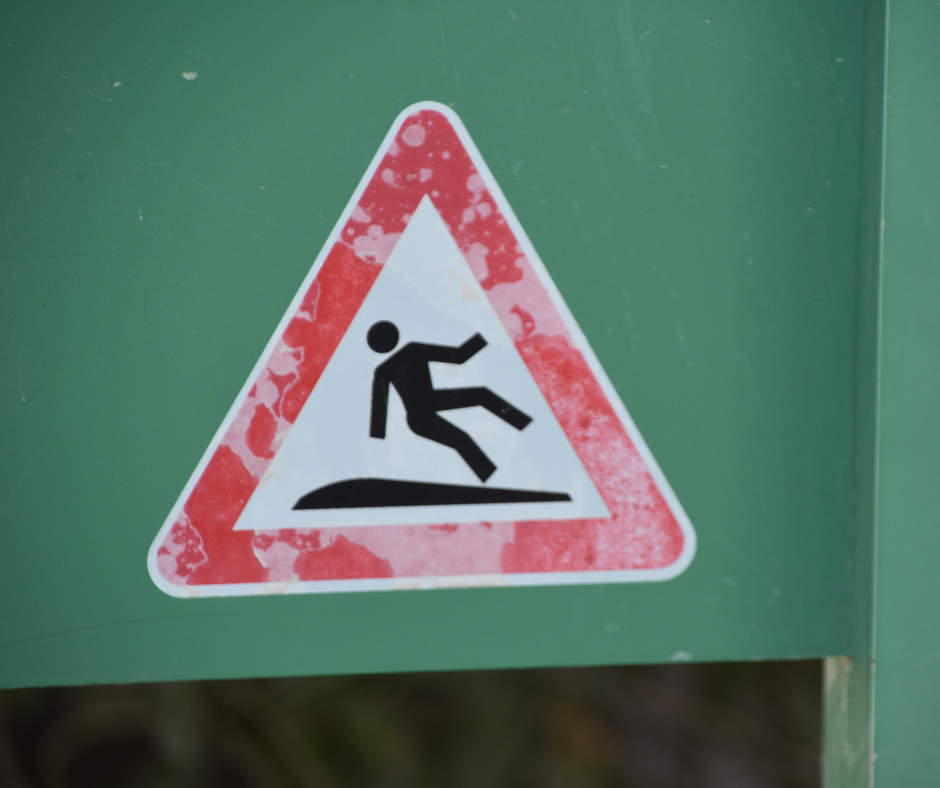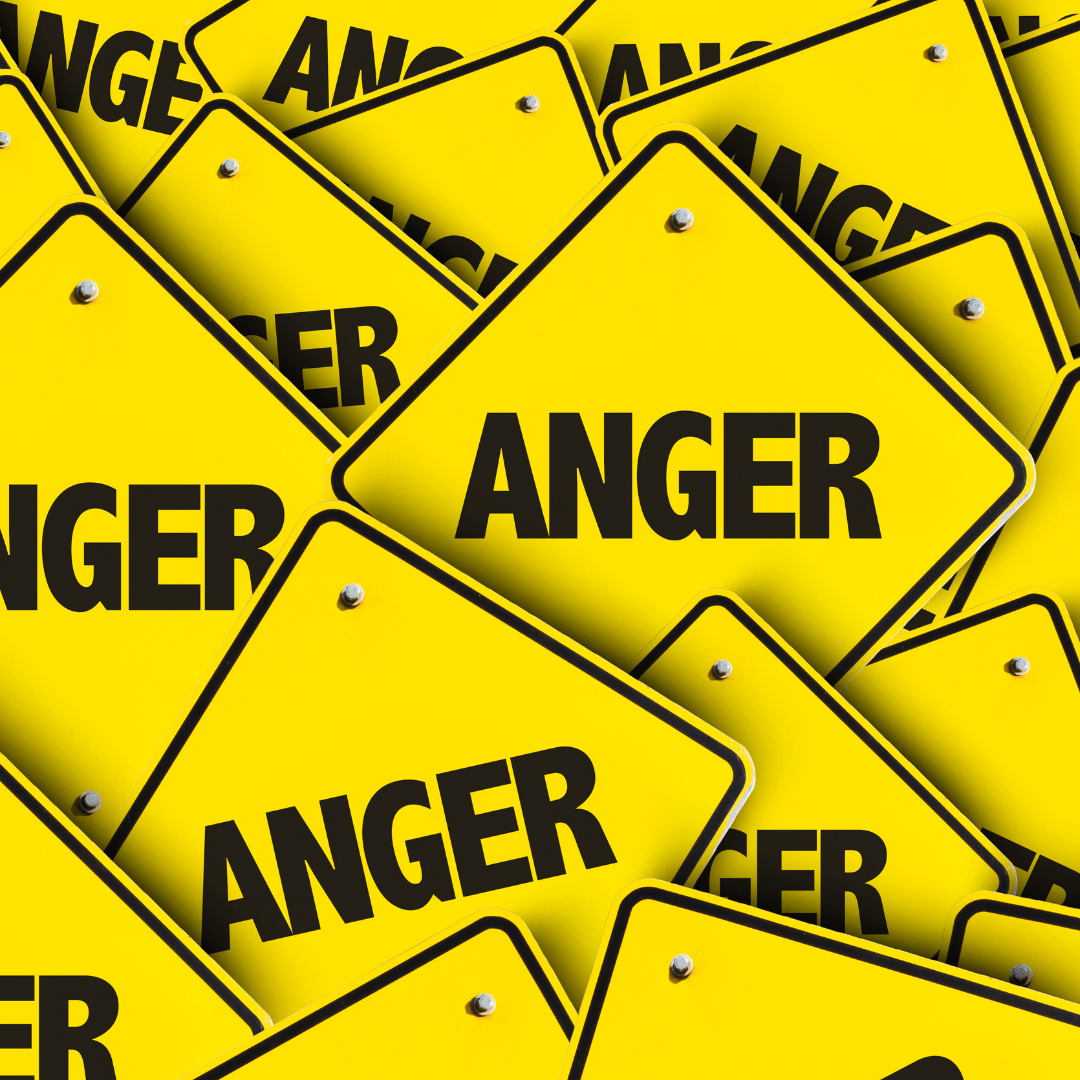(Editor’s Note: So, what’s the difference between the phrases traumatic brain injury and brain damage? Is there a difference? Writer and brain injury survivor Isaac Peterson explores this concept. KT).
 Lots of people ask me about traumatic brain injuries (TBI), I guess because I contribute to the Brain Energy Support Team (BEST) blog and write about the topic.
Lots of people ask me about traumatic brain injuries (TBI), I guess because I contribute to the Brain Energy Support Team (BEST) blog and write about the topic.
But I’m no expert on TBI; my only expertise is in having one.
One thing I’ve wondered about on my own, though, is that I’ve wondered whether there is much difference between TBI and brain damage and whether the two terms are interchangeable. (I wonder about lots of things—that’s just me, always thinking, sometimes.)
Turns out that’s not exactly a question that seems to have an easy answer. But here it goes with what little I could pick up on in a short time, without studying to be a neurologist.
I guess the logical place to start is with understanding brain injury and brain damage.
We all know traumatic brain injuries are caused by some kind of external force or by a jolt of some kind. Anything that causes the brain to move around in the skull or creates pressure on the brain can cause a traumatic brain injury.
Brain damage is also a brain injury, but of a different sort. The most common definition I found was that basically, brain damage is the destruction or deterioration of brain cells. Brain damage can result from all kinds of things, like oxygen deprivation, tumors, accidents, and more; pretty much all the same things that cause traumatic brain injuries.
In fact, there is a lot of overlap between TBI and brain damage. As far as I can tell, there is a pretty thin line between the two, and the distinction is pretty much blurred. Both types of brain injury are called acquired brain injuries, but that isn’t always true with brain damage.
It’s possible to be born brain damaged. Some cerebral congenital birth defects are hereditary.
Chemotherapy and radiation treatment can cause acquired brain damage. Likewise with alcohol abuse. There is a condition called Wernicke-Korsakoff Syndrome, a kind of brain damage caused by Vitamin B1 deficiencies.
These are just a few ways brain damage can be acquired.
Another distinction between the two: while most traumatic brain injuries, especially minor ones, can heal with time, brain damage more often will not. From the definition above, with brain damage, brain cells are destroyed.
Once brain cells are dead, they don’t regenerate. Neither do neurons, cells that transmit information to other cells. It’s possible to recover from brain damage, but not for the brain to fully heal.
But the brain has a workaround called neuroplasticity. Neurons don’t regenerate, but synapses can. Synapses are basically the connections between neurons.
In neuroplasticity, the brain can kind of re-wire itself by creating new pathways between neurons. In this way, a part of the brain can take over the function of a damaged part of the brain. This is, of course a grossly simplified explanation, but I think you get the gist.
As with TBI, the effects of brain damage depend on the area of the brain that’s damaged, and its severity.
So, from what I can make of it, TBI is a category of brain damage and brain damage can be a traumatic brain injury. A traumatic event can cause brain damage, but it’s obviously not the only possible cause. I hope that clears it up.
As I said before, it’s a thin line between TBI and brain damage. I’m not smart enough or educated enough to figure out where the line is; my brain hurts from trying to wrap my head around it (so to speak). But at least I have sort of basic understanding of what I was wondering.

Isaac Peterson grew up on an Air Force base near Cheyenne, Wyoming. After graduating from the University of Wyoming, he embarked on a career as an award-winning investigative journalist and as a semi-professional musician in the Twin Cities, the place he called home on and off for 35 years. He also doesn’t mind it at all if someone offers to pick up his restaurant tab. Peterson also welcomes reader comments. Email him at isaac3rd@gmail.com.






